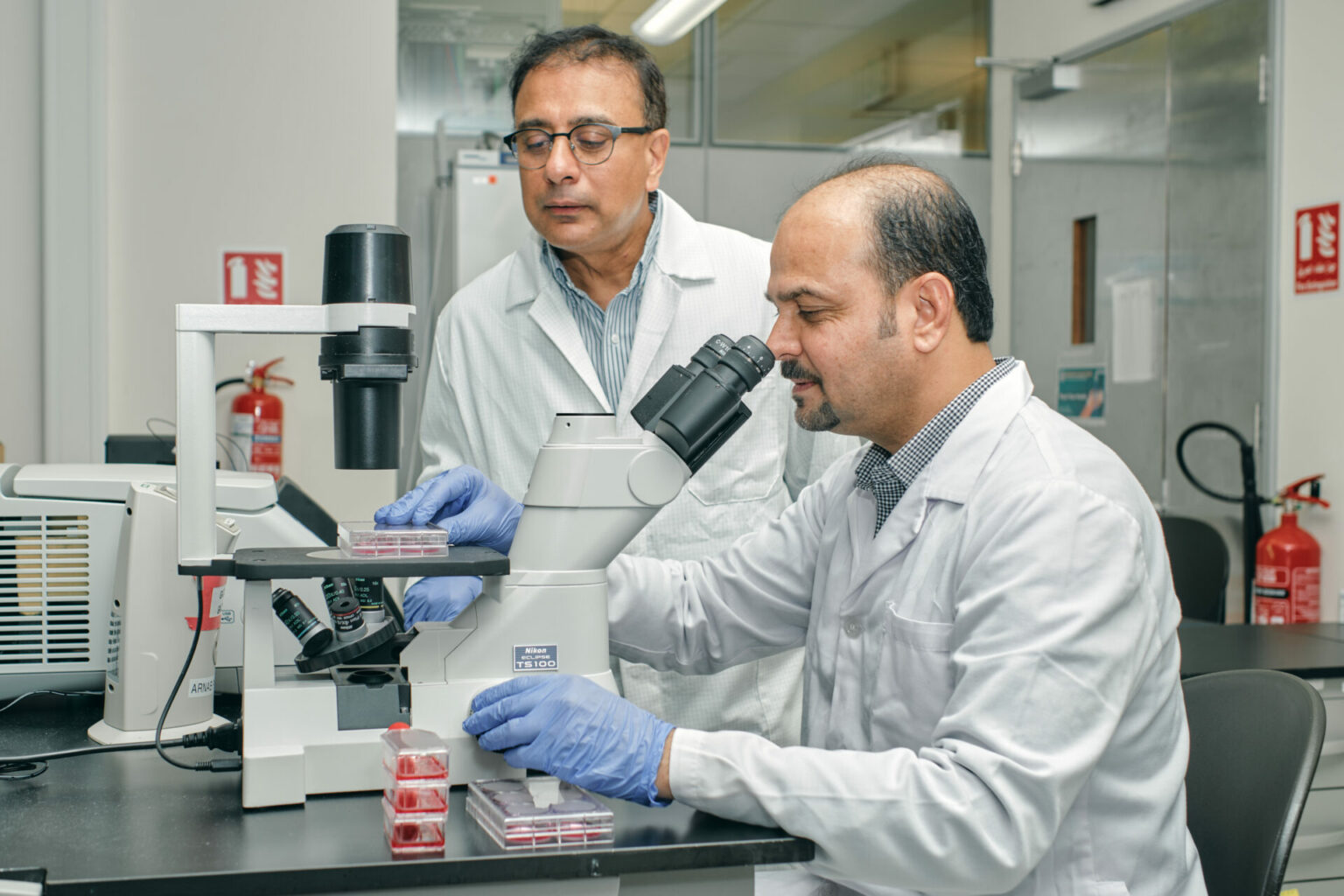Biweekly research update

Below is a list of the latest research achievements at KAUST the past two weeks
Associate Professor Lukasz Jaremko shares his thoughts on how NMR will lead to new cancer drugs.
Professor Arnab Pain and his team report how two mutations in SARS-CoV-2, the coronavirus responsible for COVID-19, activate the immune system in patients to cause increased disease severity.
The laboratory of Professor Ibrahim Hoteit have released new computational model that provides extraordinary details about ocean circulations and other ocean behaviors of the Red Sea, surpassing the quality of standard models.
Prof. Mohamed Eddaoudi has led an international collaboration that synthesized new metal-organic frameworks with a high capacity to store different molecules, including hydrogen, methane, and oxygen, thus providing wide application to green technology and medical technology.
Prof. Charlotte Hauser's group explains how its synthetic peptides offer the same benefits for cell culturing at less cost as standard commercial products.
Assistant Professor Charalambos Konstantinou and his Ph.D. student Andres Intriago provide a mathematical solution to protecting microgrids from cyberattacks.
KAUST has also written to academic review papers. One, led by Prof. Heribert Hirt, discusses carbon sequestration in arid lands like Saudi Arabia. The other, which was written by Prof. Daniele Daffonchio and Prof. Carlos Duarte, examines oxygen dynamics in marine ecosystems and how the dynamics will change with climate change.

